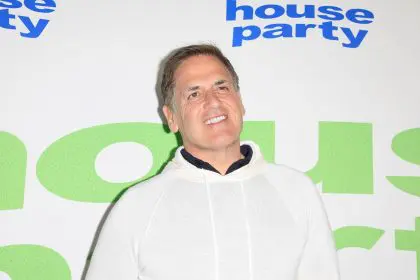
Some well-meaning fans, including LeBron James, have decided that Crayola should name its new blue crayon after the late, great, Nipsey Hussle. While it sounds good in theory and would be a great way to honor the slain rapper, especially in light of his work with the youth, does Crayola even have the authority to name a crayon after the infamous Nipsey Hussle?
Even the best trademark attorneys have failed to successfully file trademark applications that involve the use of an individual’s name. There are specific rules under the Lanham Act concerning names of individuals in general, celebrity and presidential names, and names of the deceased.
Generally, if you’re using a living person’s name as a part of your mark, you must receive written consent from the living person authorizing the use of their name. If you’re using the name of a deceased person, it must not conflict with other trademarks in existence and it also must not violate the privacy and publicity rights of the deceased.
Trademark law is mainly concerned with consumer confusion. The hallmark test for registering a trademark and for trademark violations, is based on consumer likelihood of confusion as to origin — meaning, a mark will not register, and you may be liable for violating the exclusive rights of another’s trademark where your mark is likely to cause confusion in the minds of customers as to who is the originator of the goods or services. The goods and services need not be identical to cause confusion, they only need be similar enough that a consumer would find it likely that the originator expanded their line of products or services to include them.
You are only granted exclusive trademark rights in connection with the goods or service in which you associate with your mark. You do not have a monopoly on the words of your mark, thereby excluding everyone from using them ever in life, your protection is limited to your goods and services.
Nipsey did have a registered trademark for the use of his name in connection with audio and recordings and live musical performances. And because Nipsey was a serial entrepreneur, one could only imagine where his business ventures would lead him, especially because he took an interest in the development of Black youth. However, having his own line of crayons might be a stretch. Consumers are not likely to be confused in the sense that Nipsey is behind the crayons, especially given the circumstances.
The use of Nipsey’s name would be protected under California statutory posthumous rights of publicity laws which prevent the unauthorized use of one’s name and likeness for advertising purposes. This right is available to the deceased for up to 70 years beyond death and is freely transferable. In order to invoke this right, the deceased’s estate must file a publicity right claim with the secretary of state and the publicity right must have had commercial value at the time of death.
If you’re interested in learning more about trademarks, including how to register your own, sign up for Funderburg Law x Rolling Out Trademarks for the Creative Entrepreneur workshop on May 11, 2019.














